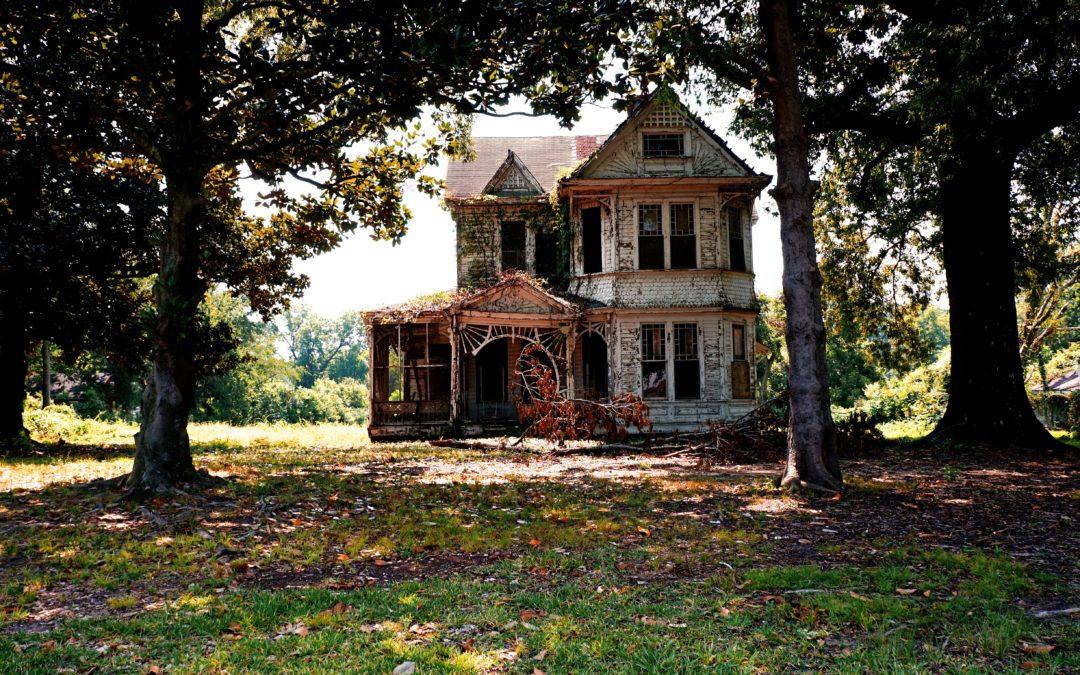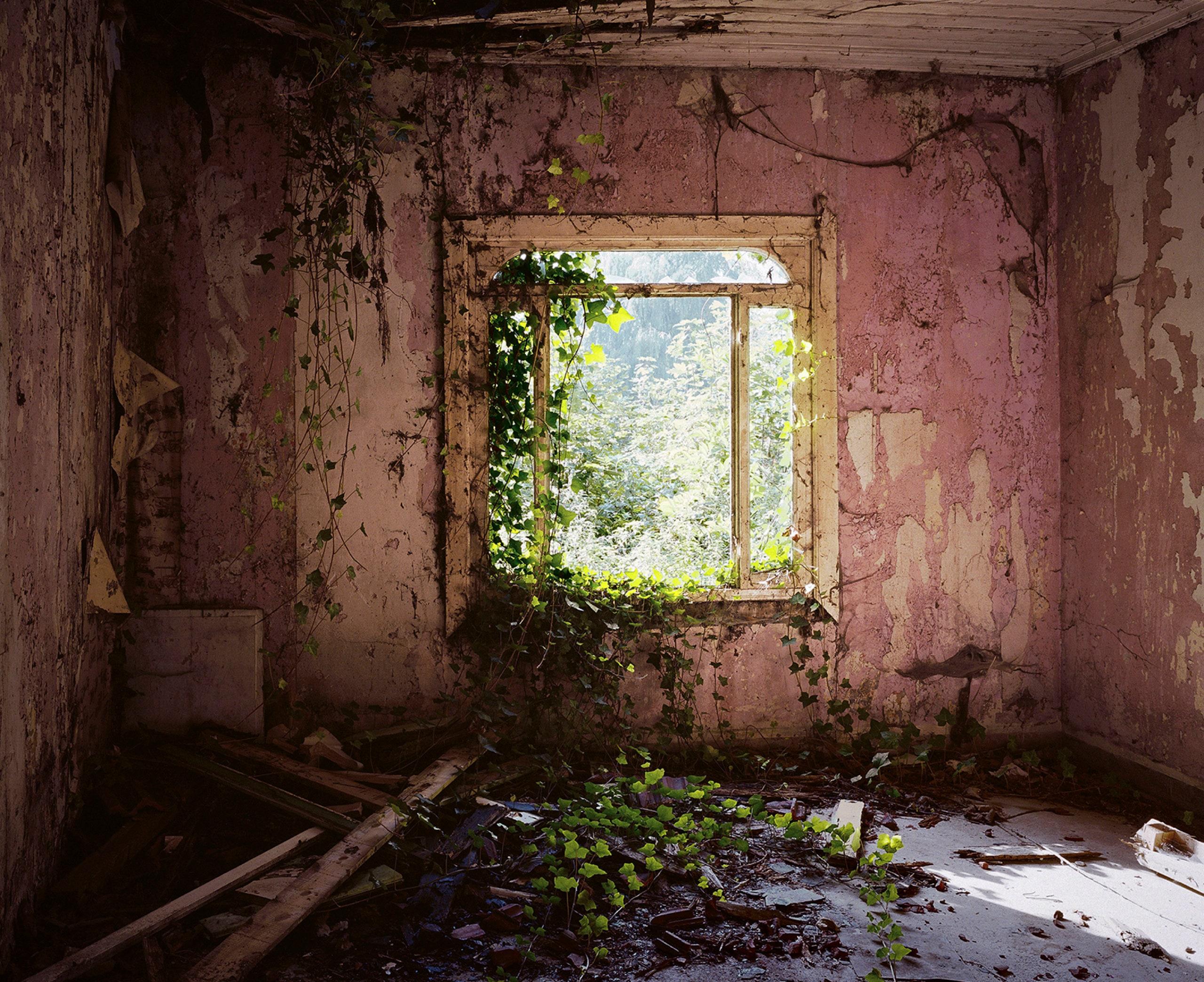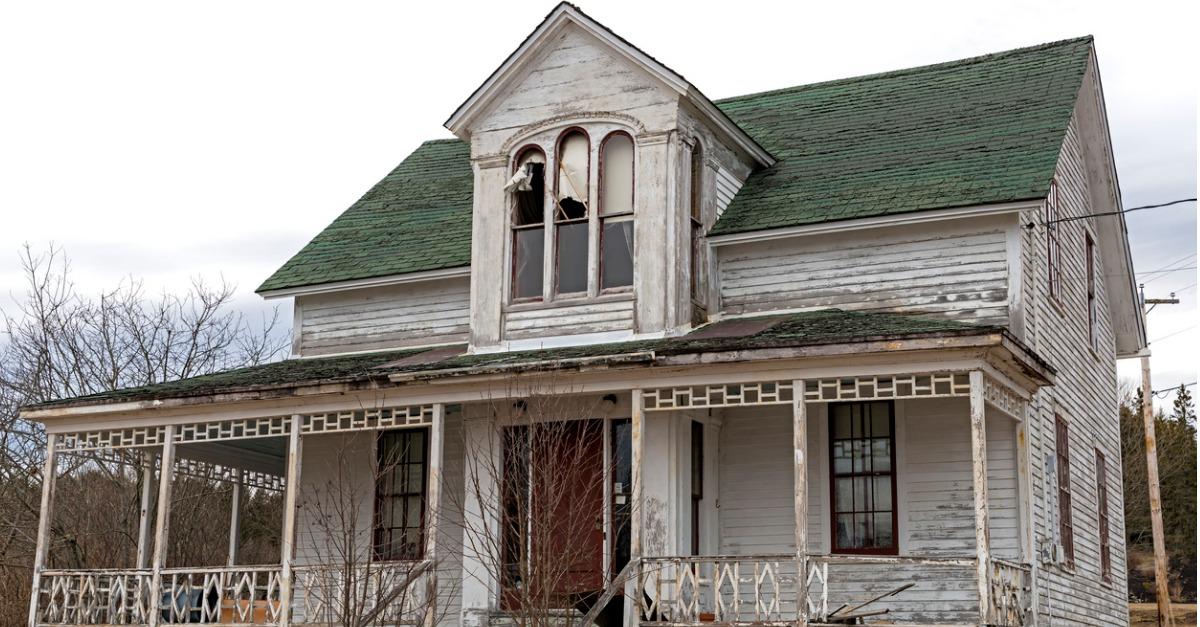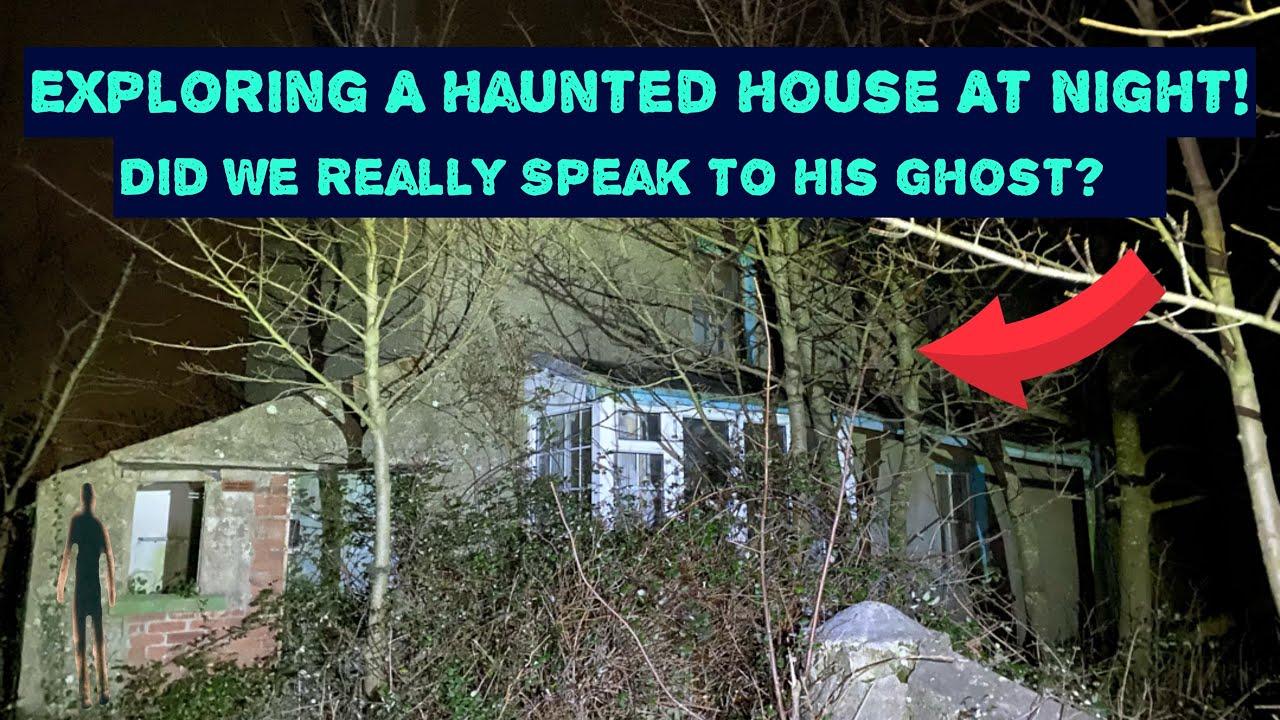Exploring the Allure of Japans Abandoned Homes
The mystique surrounding Japan’s abandoned homes, often referred to as “akiya,” captures the imagination of many. These structures, remnants of once-thriving communities, exude a silent charm that draws individuals seeking adventure and a connection to the past. Nestled in serene countryside settings, these ghost houses are not just empty shells; they tell stories of generations gone by, making them appealing for urban explorers and those looking for a unique real estate investment. The allure of owning a piece of history, nestled amidst breathtaking landscapes, is a potent mix that lures people from across the globe.
While each abandoned house bears its own history, certain common elements enhance their appeal:
- Architectural Character: Many of these homes showcase traditional Japanese architectural styles, often featuring detailed woodwork and tatami rooms.
- Natural Surroundings: Set against stunning backdrops of mountains, rivers, and rice paddies, the locations themselves can become a sanctuary from the hustle and bustle of modern life.
- Low Cost: The declining rural population has led to a surplus of abandoned properties, allowing savvy buyers to acquire them for a fraction of the price of similar homes in urban areas.
- Cultural Exploration: Restoring these homes provides a unique opportunity to engage with local culture, traditions, and crafts that may be fading with modernization.

Reviving History: The Challenges of Restoring a Ghost House
Restoring a ghost house in the Japanese countryside is more than just a renovation project; it is a delicate dance with history. These once-vibrant homes, often laden with memories of generations gone by, carry the weight of time and neglect. As the new owners step into this undertaking, they encounter numerous challenges, each demanding attention and care. The primary hurdles include:
- Deteriorated Structures: Beams may be rotting, and walls could have crumbled under the relentless grip of time.
- Insufficient Infrastructure: Outdated plumbing and electrical systems need a complete overhaul to meet modern standards.
- Preservation vs. Modernization: The owners must strike a balance between preserving the house’s original character and integrating modern amenities.
- Cultural Sensitivity: Understanding the historical significance of architectural features is crucial to maintaining the authenticity of the property.
Additionally, the emotional weight of the past can influence the restoration process. For many, the ghost house serves as a canvas where the memories of previous occupants linger. Engaging with local historians and residents can provide valuable insights into the home’s story, yet navigating these conversations requires skill and empathy. The community’s reaction can vary, with some embracing the revival while others may view it as an intrusion. As the new owners embark on their journey, they must remain conscious of the responsibilities tied to breathing new life into this abandoned sanctuary, ensuring it becomes a tribute to its rich past while forging a path into the future.

Community Reactions: How Local Residents View These Renovations
Local residents have predominantly expressed a mix of skepticism and hope regarding the recent renovations of the abandoned house that once stood as a ghostly symbol of neglect in their village. Many recall the eerie tales tied to the property, which had long been a topic of conversation among neighbors. “It was a place people avoided,” remarked one elderly resident, who had lived in the area for decades. “Now, seeing new life being breathed into it is a bit surreal.” A community member shared concerns about potential disruptions during the renovation, citing the narrow roads and quiet atmosphere of the countryside, but others quickly countered with optimism about how the project could revitalize the local economy.
As word spreads about the transformation, enthusiasm is growing among younger residents who see this as a turning point for the community. Several individuals have taken to social media to voice their support and encourage the newcomers, citing the need for fresh energy and engagement in the village life. “We need people who care about our community to join us,” wrote a local artist, advocating for collaborative projects that could arise from the renovations. The potential to host art exhibitions, workshops, and cultural events in the renovated space has sparked lively discussions, hinting at a promising future where the once forsaken structure serves as a hub for community engagement and creativity.

Tips for Future Buyers: Navigating the Purchase of Abandoned Properties
Purchasing an abandoned property, particularly one as enigmatic as a ‘ghost house’ in the Japanese countryside, can be both an intriguing and daunting venture. To maximize your chances of a successful acquisition, it’s essential to approach the process with both caution and enthusiasm. Begin by conducting thorough research on the local real estate market to understand the landscape and pinpoint potential opportunities. Utilize online resources and local real estate agents who specialize in distressed properties, as they can provide invaluable insights. Inspecting the property in person is crucial—look for signs of structural damage, pest infestations, and any environmental hazards that may require attention. Document everything comprehensively, as this will be important for both negotiations and future renovations.
When evaluating abandoned homes, keep the following key points in mind to streamline the buying process:
- Legal Considerations: Familiarize yourself with the region’s zoning laws and any potential restrictions on rebuilding or renovating abandoned properties.
- Budget for Renovations: Be realistic about the costs involved in restoring the property to a livable condition and factor these into your overall budget.
- Assemble a Team: Engage professionals such as architects, contractors, and local historians who understand the nuances of renovating old properties in rural areas.
- Visit the Local Community: Understanding the community’s dynamics can provide insight into the property’s potential and your future neighbors.
Approaching the purchase of a ghost house with this strategy can significantly elevate your chances of success, transforming a foreboding structure into a charming home filled with stories of its past.

